Nerd culture revolutionizes the social norm
The prominence of nerds has been rising in recent years, and their “cultural capital” has been rising with it.
Unless you’ve been living under a rock for the past few years, you may have noticed a shift in the social topography. Nerds, or geeks, which I will be compounding for the sake of linguistic flow and understanding, are becoming cool.
We all know the stereotype: the word nerd conjures images of lanky kids with pocket protectors, coding theorems written on the back of their hands, and Dungeons & Dragons Monster Manuals in their backpacks. Television shows and films such as the “Revenge of the Nerds,” “Beauty and the Geek,” and the dreaded “The Big Bang Theory,” which are perceived holdfasts of nerdom, have not been helpful. This media is marketed as nerd-products, but, in reality, they are commentaries, usually negative ones, on the nerd-culture from the position of a larger population.
An interesting thing to note is that all of these examples above are American, either in setting or in ideology. The jocks in “Revenge of the Nerds” are all homophobic, testosterone crazed football players, “Grease” features hot rod cars and punk leather jackets, and all of the forbidden femme fatales are white, upper-class cheerleaders. You don’t see this narrative in other nation’s media—sure, there may be unpopular characters who are intelligent—but the link isn’t as inseparable or as insulting.
Sociologist Pierre Bourdieu postulated the reason certain social attributes are of value in some communities and degraded in others is a matter of cultural capital. Cultural capital is the social value as determined by individual social groups. For instance, hipsters would find that Urban Outfitters beanie to have immense cultural capital whereas the stereotypical jock in a letter jacket would find the beanie to have very low cultural capital.
Nerds, in fact, have historically displayed low cultural capital relative to other social groups. The cultural pastiches that illustrate nerdom have previously been abhorred and defamed until very recently. Today, a variety of products advertise themselves as “nerdy” and those companies make bank––Target sells DC and Marvel-themed t-shirts and Barnes & Noble has a whole section dedicated to Doctor Who, and that isn’t even a book-based product.
This sudden turn of events isn’t a mystery. Civilizations value people and subcultures based on their value to the dominant community. Today, nerds have achieved influence in our society. Intelligence and passion for intelligence is required for the continued existence of modern Western society. Think about it, who makes your cherished iPhones, who designed your precious Internet, who makes your beloved movies, who finds economic avenues to provide you with cheap clothing? It certainly isn’t a formulaic cheerleader or a jock or a stoner or a priest or a hipster or a politician or some J-Crew Model. It’s that guy or girl who is smart and passionate and isn’t ashamed to be that way.
If we look to our own community, however, we’ll see that this trend is accelerating at a much slower pace. BSM is not America. We are not seeing these changes to the social landscape or at least not to the same degree. Why? Because the value of nerdom still has lower cultural capital at BSM than say athletics or religion.
Think about it. Have you ever heard Dr. Skinner say over the announcements, “And congratulations to our hockey team. They took 2nd which you guys may not realize but that is a huge deal. Seriously great job to all of our hockey players.” No, of course not. It’s assumed that everyone inherently knows and understands that hockey is divinity transcended. But when BSM’s Speech team takes home the gold at a weekend tournament, nobody cares. I recently congratulated a Mock Trial kid on one of their remarkable victories. Their response—“Nobody cares.”
This isn’t to say that BSM is the only school in the country that doesn’t hold nerds to the same esteem as the greater population. In many ways BSM is far superior in terms of nerd-rights than most schools. We have a variety of programs for geeky students from the debate team to the math league to the spring musical. But the key issue here is really the support for these institutions and the students that adore them. The dance team has dressed up in Buddy Holly glasses and plaid skirts, and the Student Council strongly pushed for a ‘Nerd Dress Up Day.’ Nobody would suggest having a ‘Goth Dress Up Day’ or even a ‘Dance Team Dress Up Day.’ But nerds are apparently fair game Nobody would suggest having a ‘Goth Dress Up Day’ or even a ‘Dance Team Dress Up Day.’ But nerds are apparently fair game — Jack Youngblut
Some of you may not see this as a big deal. The status quo does favor a large percentage of the student body and near absolute power corrupts nearly absolutely. But high school is a transitional period. It’s when you’re just starting to define who you are and what you will become. I was a nerd in grade school and like many of my comrades, got endlessly teased, bullied and harassed. Compared to that experience, BSM was a Elysian Field, a place where I could say ‘Elysian Field’ without fear of having my teeth knocked in. And I’ve talked to college students and other friends who have since graduated high school and their consensus has always been that the cultural capital of nerds is far greater in the adult world than in the artificial epoch that is grades 9 through 12. We may have it good. We may even have it great. But that doesn’t mean that we shouldn’t continue to strive to be an example to our younger siblings, friends, and neighbors. We shouldn’t let the Disney Channel and MTV tell them that that being smart, passionate, weird and quirky is the opposite of being sexy, cool, funny and kind. For once, it seems that BSM is behind the curve compared with urban, modern America. But that doesn’t mean it has to stay that way.

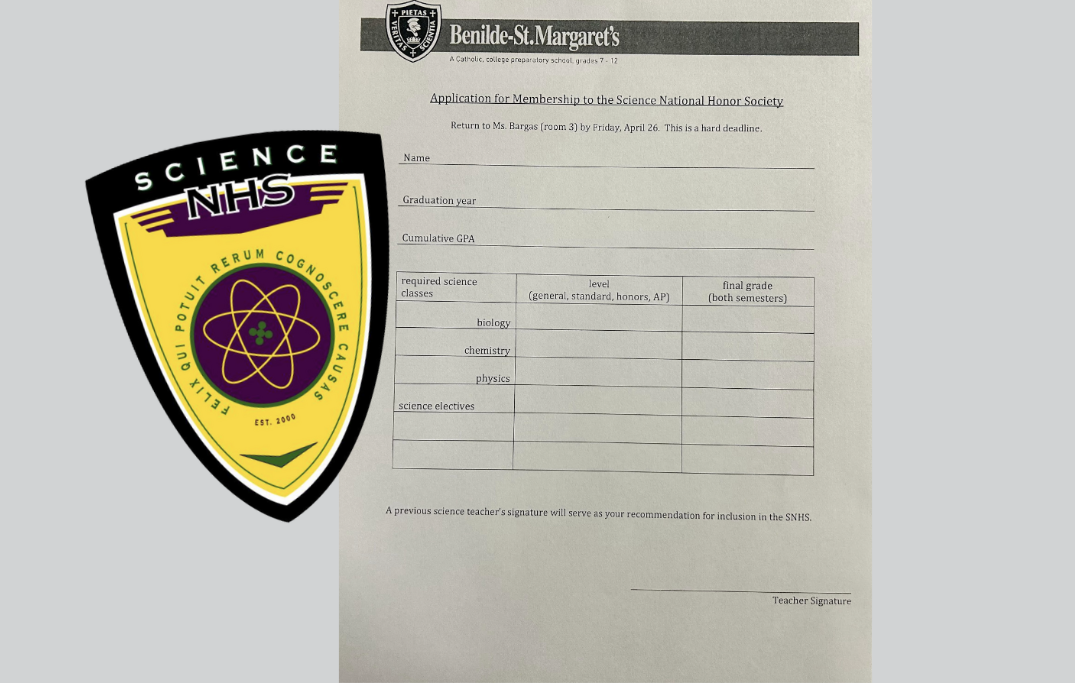
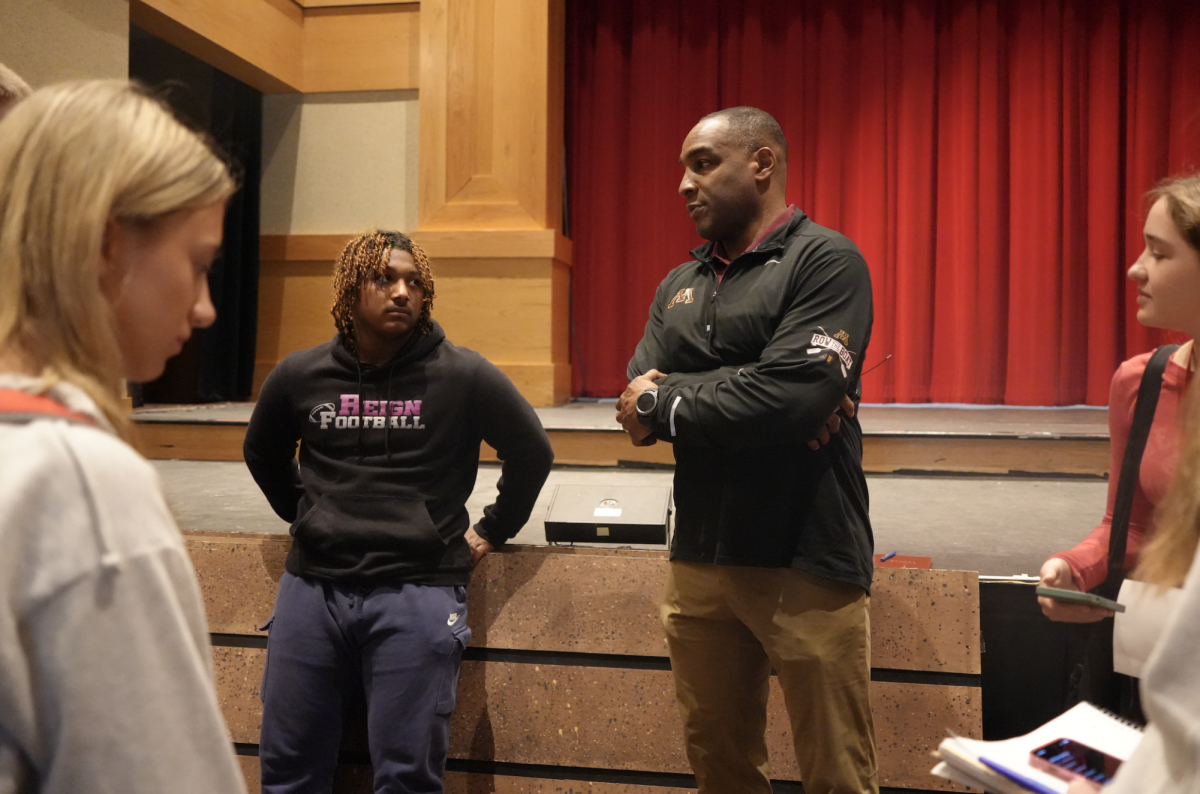



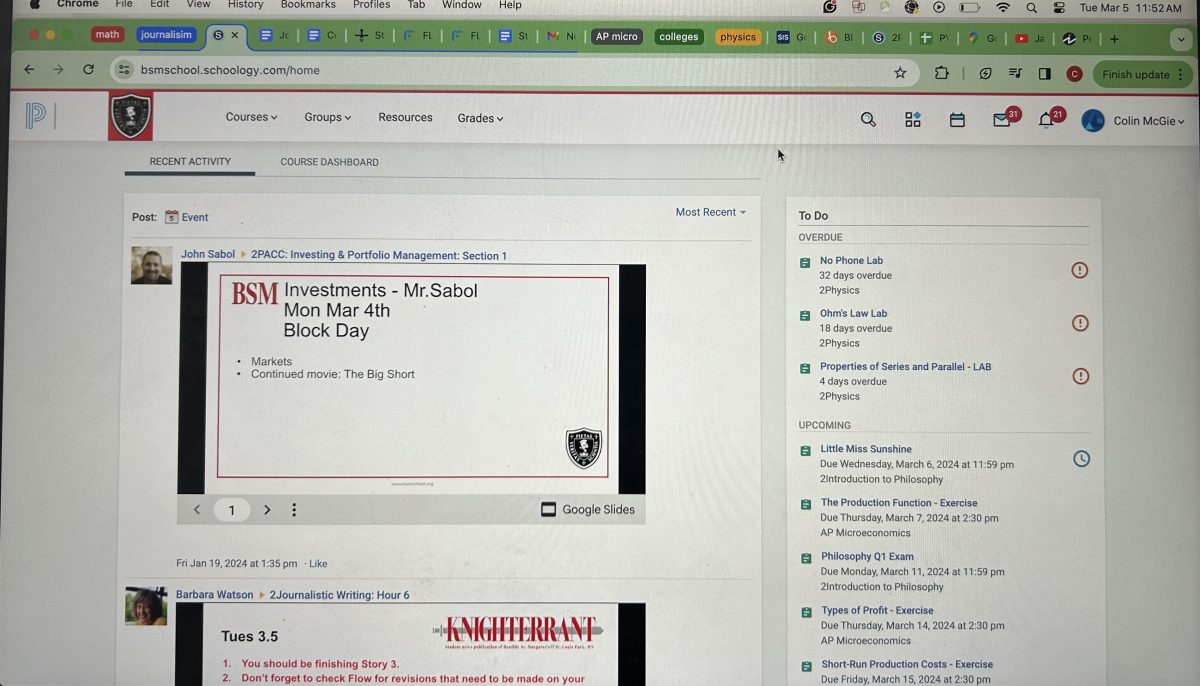



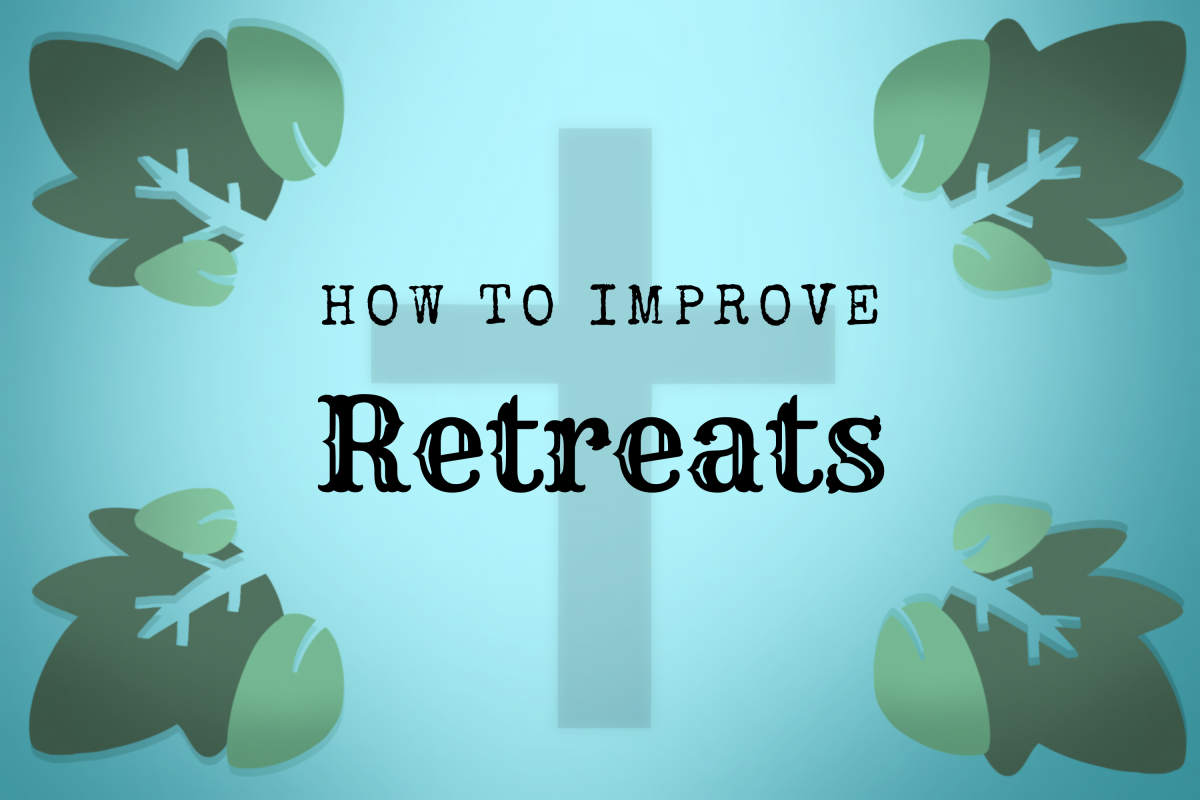


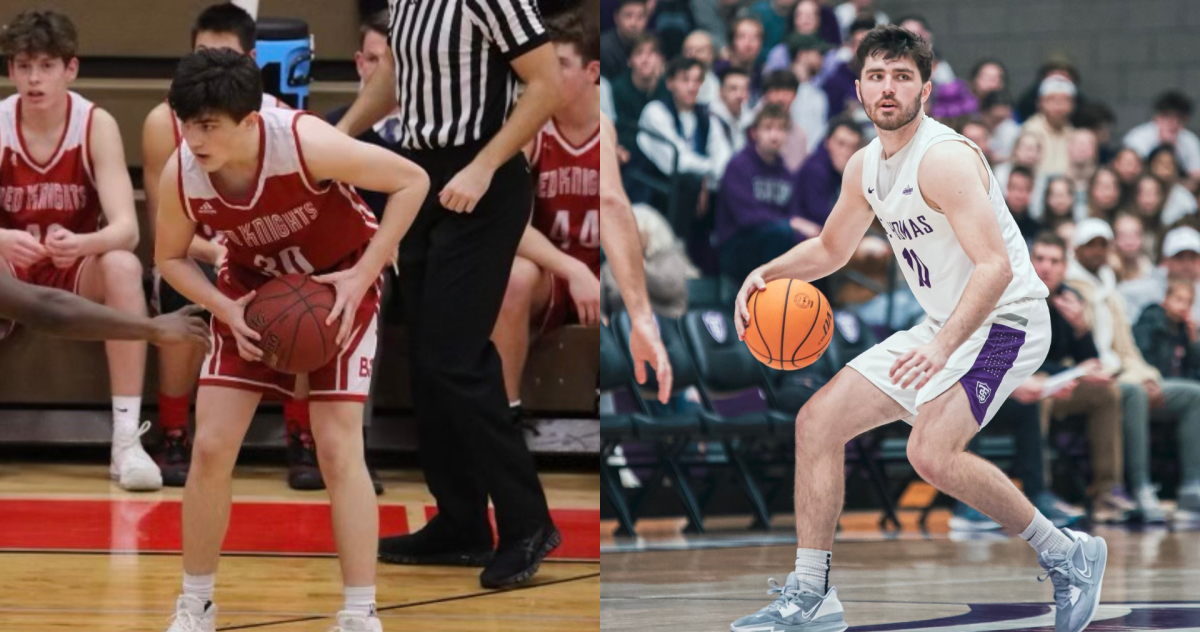
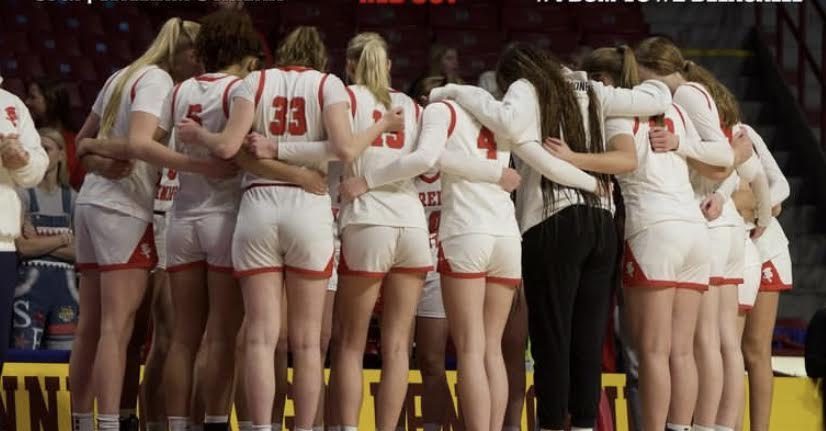
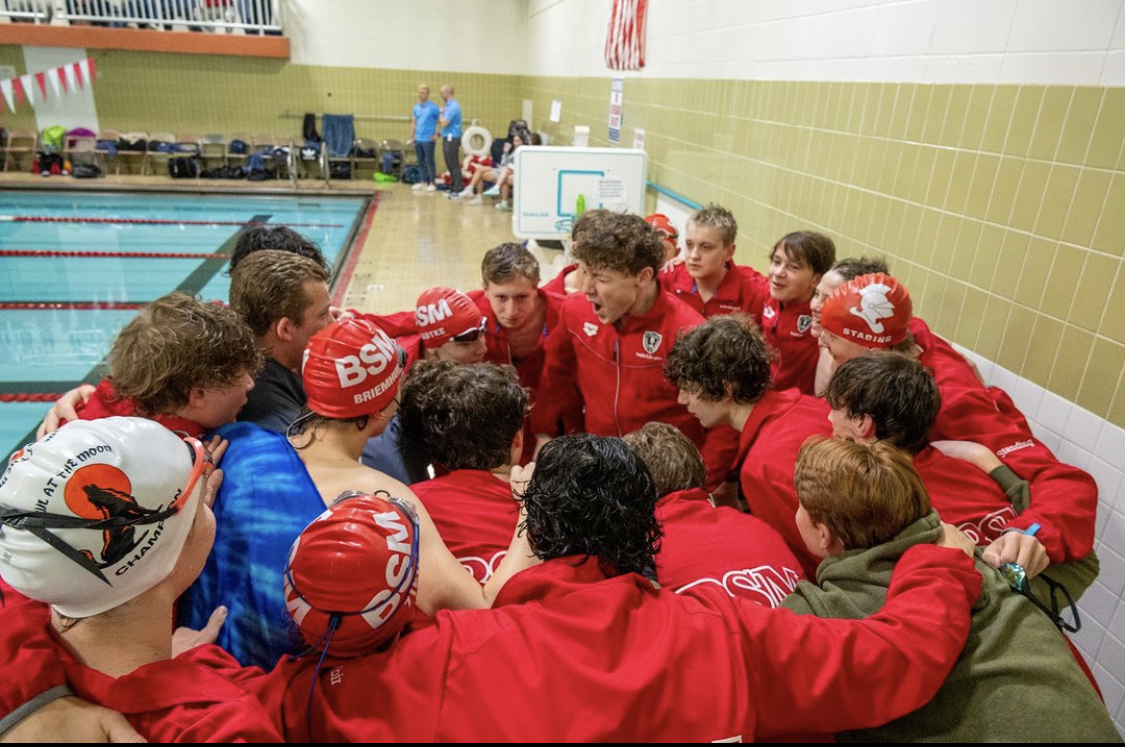



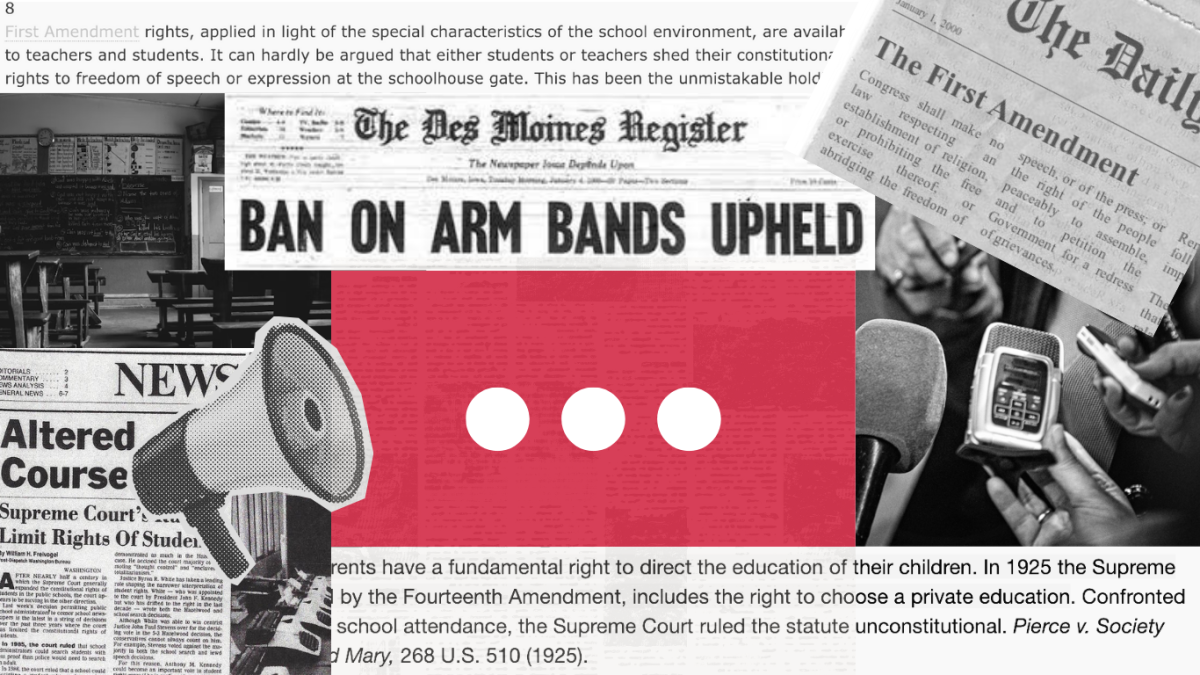
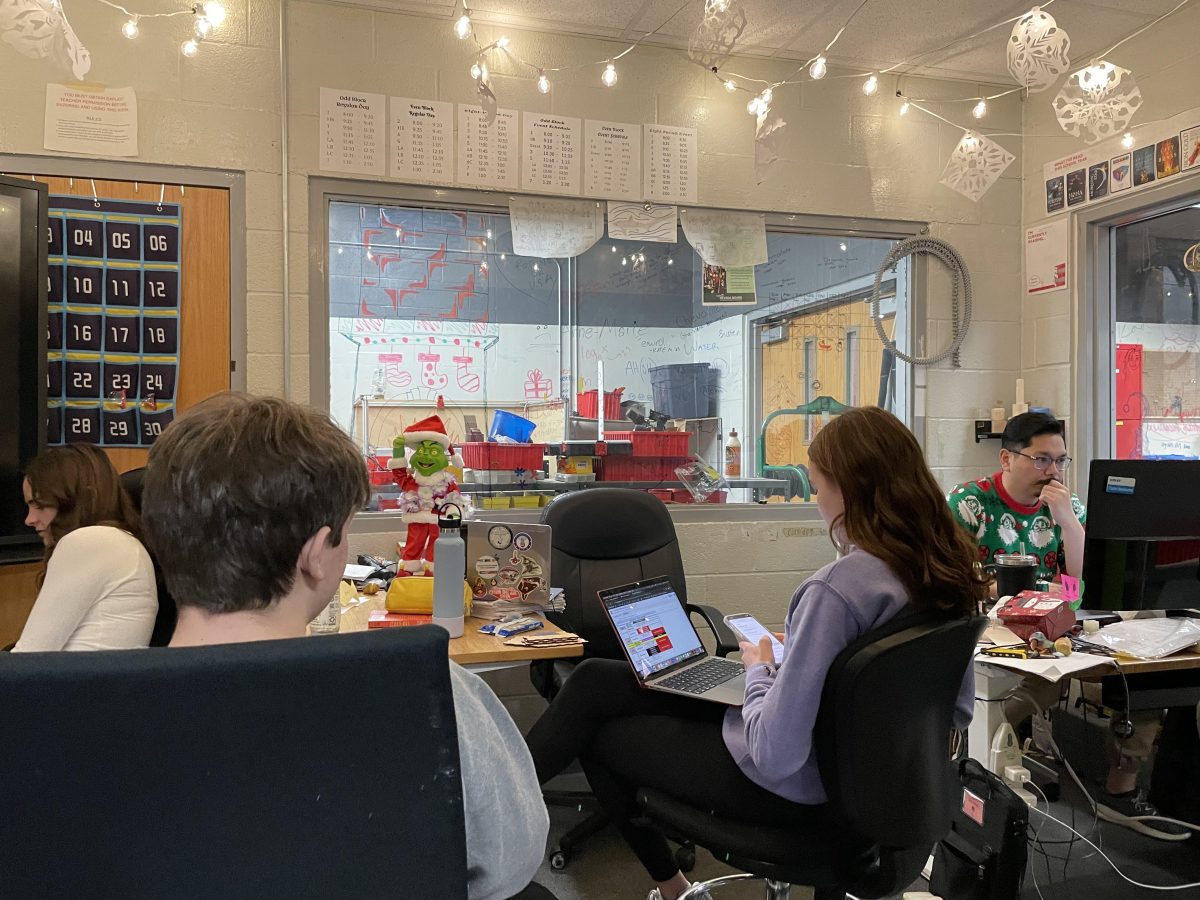





























Mick Hawkins • Jun 4, 2014 at 9:43 am
I had not even thought about this topic, Jack. Great article.
M. Hawkins